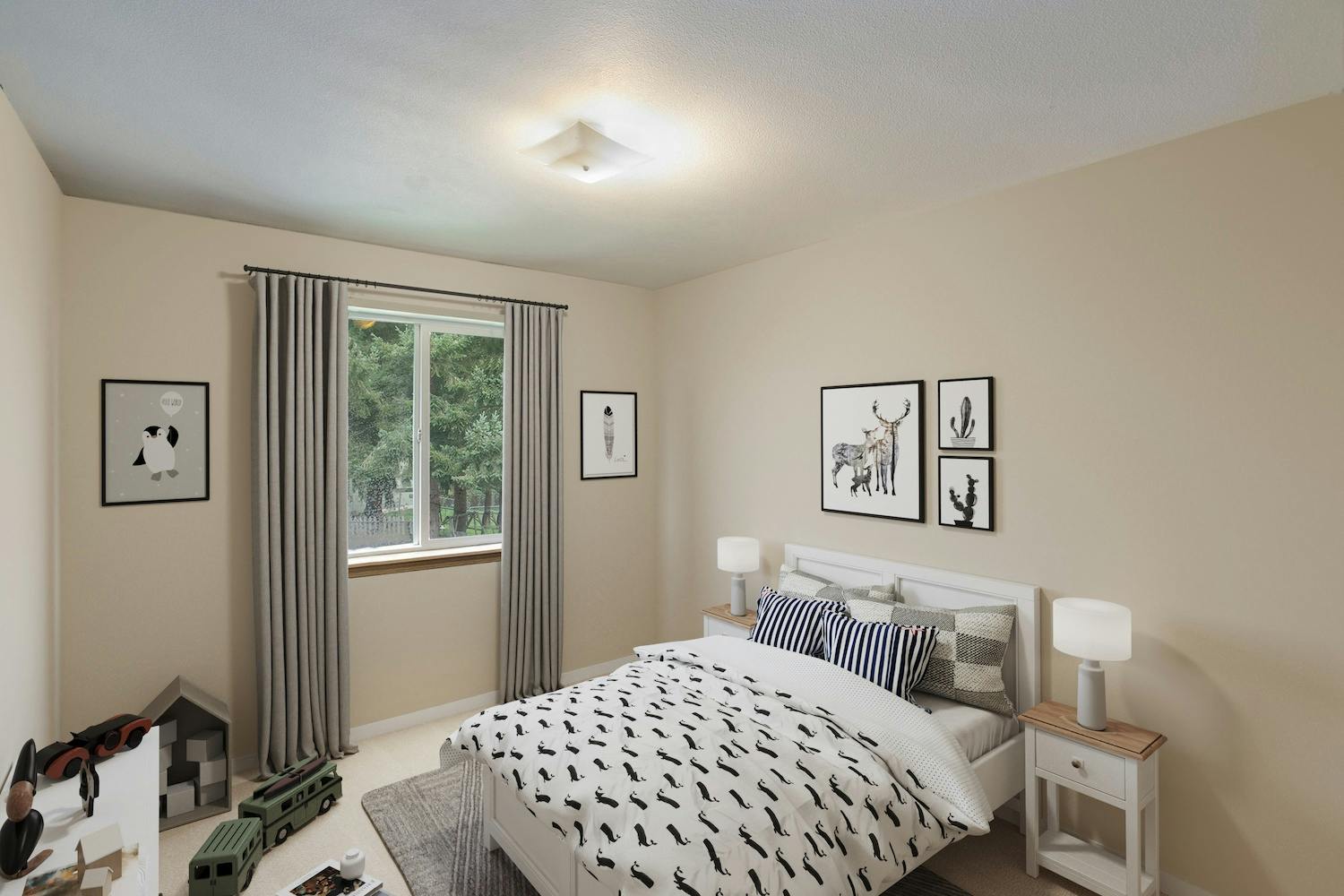In 2021, more people are looking for comfortable homes, and bare real estate properties no longer reflect their potential as effectively. A survey held by the National Association of Realtors revealed that 10% of agents think buyers believe properties for sale should look like those seen on television.
Historically, real estate developers showcased model properties for potential buyers. Since the internet has made shopping for homes online easy and convenient, real estate agents need to use more modern marketing methods. Technology has opened doors to innovative solutions for traditional problems. The ecommerce industry has aggressively flourished along with conventional brick and mortar retail shops.
In the same manner, real estate industry professionals use time management apps, planning programs, and inventive marketing solutions like virtual real estate staging to maximize reach and sales.
What is Virtual Staging
Virtual staging is the digital equivalent of home staging. It’s the process of enhancing the appearance and appeal of an existing property by decluttering and redesigning the space. According to the National Association of Realtors (NAR), 83% of real estate agents said that home staging enabled the buyers to imagine the property as a potential home.
Photographers consider virtual property staging as a total no-brainer solution in property promotions. Here are some of the reasons why they prefer virtual real estate staging:
Virtual Home Staging Advantages for Professional Real Estate Photographers
1. Lesser cost than traditional home staging
A few decades ago, real estate developers had to build showcase rooms for brochures and other promotional photos by renting or buying expensive aesthetic pieces and furniture. With recent breakthroughs and improvements in 3D imagining technologies, customers can view digital showrooms at a significantly lower cost.
Photographers also prefer digital staging because they don’t have to travel to different locations. Aside from that, there may be lighting constraints, so they can’t shoot at night. Ultimately, digital staging costs lesser time and effort.
2. Modification on lighting and textures
Real estate photographers may have issues with the products in the property or showcase room. Replacing or removing obstructive objects might be expensive or a hassle altogether. Virtual home staging allows texture and lighting modifications to ensure maximum aesthetic value.
You can digitally alter artificial lighting to look like natural daytime brightness and remove shadows. You can also remove or add textures to enhance the room’s homey qualities.
3. Accurate scaling and dimensions
Inaccurate scaling is one of the unavoidable concerns that photographers face in the real estate industry. Several factors like blockage, perspective, and lens sizes could cause objects to appear smaller or larger than they are. Conducting partial photo manipulations could make the entire image look unnatural altogether.
A virtual staging service will adjust the dimensions and ensure that the whole property looks as realistic as possible.
4. Designed according to the target market
Photographers often depict specific real estate properties according to what appeals to their target market. However, they may want to remodel or reimagine one property to suit another demographic. Time and budget constraints might hinder potential sales.
For example, a sizeable 2-bedroom apartment unit situated near schools and offices could appeal to a broader age range. Professional virtual property staging saves money and time on creative redecorations and adjustments. You can reimagine one listing in several colors or styles.
Virtual Staging Service
You might want to conduct an aesthetic review to see why some of your excellent properties don’t sell as fast as others. The images may not be as appealing as their competitors’, and you may need to update them. Companies like Phixer specialize in virtual real estate staging to ensure that companies maximize the property’s potential and appeal.
